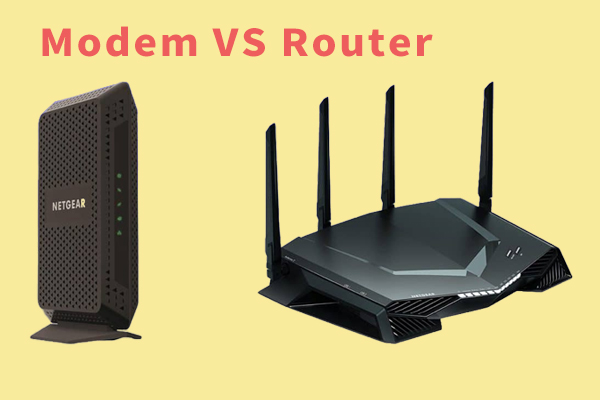What’s the difference between a modem and a router?
On the surface, the difference between a modem and a router is straightforward: a modem connects you to the internet, while a router distributes Wi-Fi across your home.
You may save money, time, and frustration by learning more about how your modem and router function and interact with your internet-capable devices. We dissect these critical components so you can figure out what you'll need to get the most out of your home internet connection.
What does a modem do?
• Your modem is your home's internet connection; it receives signals from your Internet Service Provider and converts them for use by your devices.
• Every modem is given a unique IP address, which functions similarly to a Social Security number in identifying the device on the Internet.
What does a router do?
• Your router connects your modem to internet-connected devices such as computers, smartphones, and smart televisions.
• In your house, a router creates a local area network (LAN) that allows several devices to connect to your Wi-Fi network.
Modem vs. Router: Which is better?
A modem is more vital than a router in terms of technical importance because you can't connect to the internet without one. However, as people shift away from desktop computers and toward mobile gadgets like smartphones and tablets, having Wi-Fi might feel as essential as having water.
Term to know:
· IP address — An IP address is a number that identifies your network and tells the web where to send data.
· LAN — Consider a LAN as an invisible "bubble" that surrounds your home and contains your Wi-Fi signal. You wouldn't be able to connect to the internet without a router, and you'd have to connect each device to a modem via an Ethernet wire.
· Gateway — A device that serves as a modem and a wireless router at the same time.







